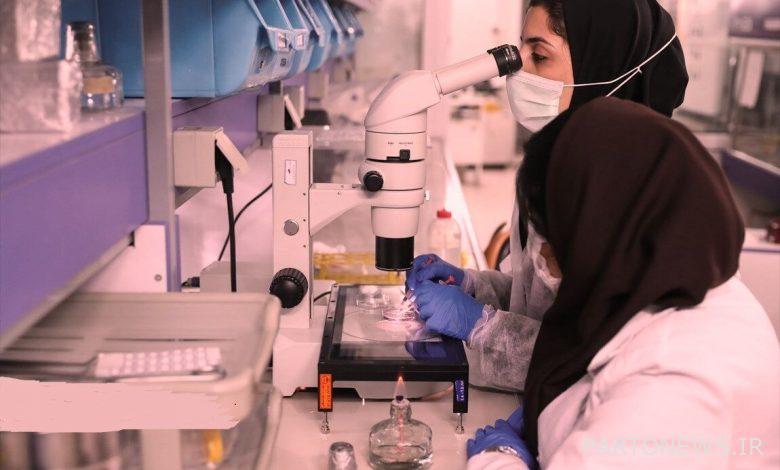35 priority research projects were reviewed and determined in Chaharmahal and Bakhtiari

The governor of Chaharmahal and Bakhtiari on Sunday in the meeting of the working group of education, research, technology and innovation of this province, stating that the definition of research axes is necessary to direct the proposed projects, said: Be measurable.
Iqbal Abbasi, stating that effective field projects are a priority for approval and allocation of funds, added: “It is necessary for research studies to lead to the presentation of practical solutions so that using these solutions, part of the existing problems in various political, economic and social fields.” And eliminated the culture and made more detailed plans for the future.
He mentioned job creation and entrepreneurship development as one of the important research priorities in Chaharmahal and Bakhtiari and specified: despite the provision of infrastructure facilities in rural areas, in some areas, migration to cities and marginalization is still increasing due to lack of jobs. And the unemployment of rural youth can be stated as the main reason for these migrations, so the implementation of research and practical projects that provide the basis for the development of employment in the province should be at the top.
Abbasi emphasized on continuing the implementation of the comprehensive plan for water needs of different parts of the province in Karun basin and its completion and reminded: this plan can be cited as a valid scientific document to determine the correct water rights of Karun catchment area.
Executive agencies report one percent of their research credentials
The head of Chaharmahal and Bakhtiari Management and Planning Organization, referring to the allocation of one percent of the funds allocated by the executive agencies to research and technology development, said: .
Ali Shahriarpour added: Chaharmahal and Bakhtiari executive bodies have sent 145 of their proposed research projects to the secretariat of the Education, Research, Technology and Innovation Working Group since the beginning of this year. Were selected as priority projects.
He reminded: after the final review of 35 projects determined in the next stage, the executive bodies will be asked to announce their research proposals based on the call by referring to the application system and supply of research to the provincial working group.
He announced the credit allocated for the implementation of research projects in 1400 provinces at this stage about 6 billion rials and specified: Due to the limited credit of the province’s research area, efforts are being made with the cooperation of banks and executive agencies to attract national funds. In this area, part of the financial needs of research projects are met.
Shahriarpour also pointed to the registration of information on 480 research projects from 38 executive agencies and the province’s higher education center in the database of research projects and said: project title, name of executive agency, name of implementer, validity, implementation time, research method, keywords, abstract , The results and information of the researcher and colleagues from the details registered in the database of research projects at http://chb.mpedu.ir.
He said that promoting synergy, ease of access to information and results of research projects and reducing costs and preventing the implementation of duplicate projects are part of the goals of launching this database. Upload research information and provide the basis for organizing and prioritizing future research projects.
According to IRNA, the members of the working group spoke about the need to pay attention to the creativity and innovations of researchers in the process of implementing research projects, prioritizing product-oriented projects and entrepreneurs, moving on the border of turning knowledge into technology, determining meta-analytical approaches in research. Executive bodies and academic centers discussed issues related to indigenous and local capacities, as well as cultural and social research.
.
